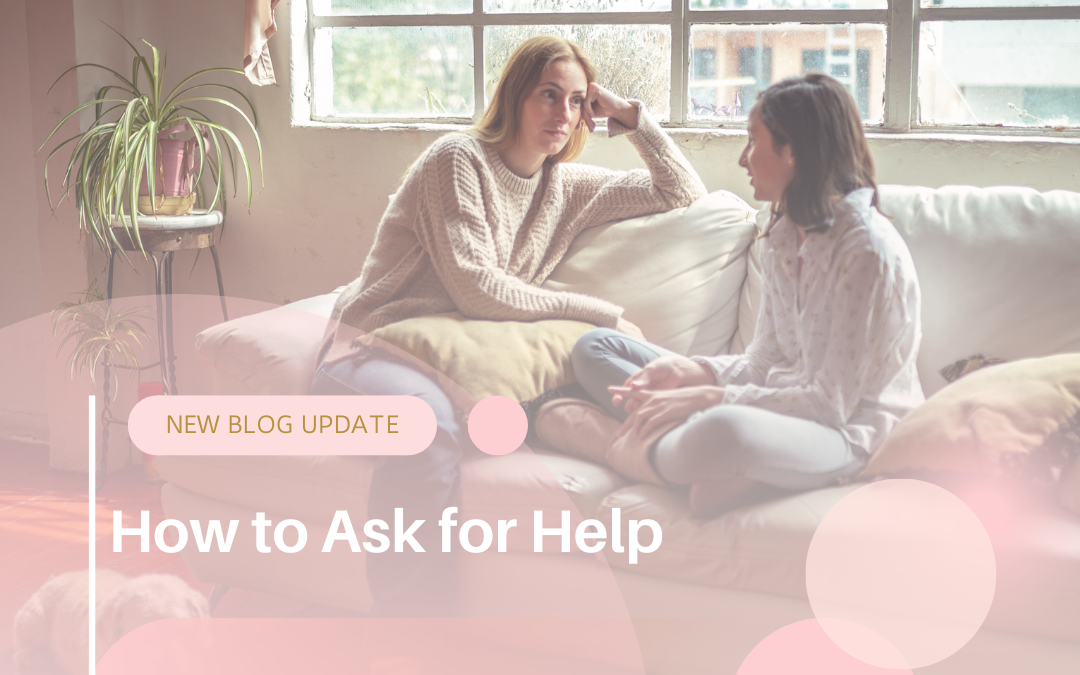Asking for help can be one of the most powerful steps toward growth, healing, or achieving your goals. Yet, many of us hesitate to reach out due to fear, pride, or uncertainty. Learning how to ask for help is a skill that can improve your relationships, reduce stress, and foster a sense of community. Here’s a guide to help you navigate this process.
Why Asking for Help Matters
No one can do everything alone. Seeking support doesn’t mean you’re weak—it means you’re human. Asking for help can:
- Provide fresh perspectives and solutions.
- Strengthen relationships by allowing others to contribute to your well-being.
- Alleviate feelings of isolation and overwhelm.
Recognizing when you need help and acting on it is a sign of strength and self-awareness.
Barriers to Asking for Help
Before diving into how to ask for help, it’s important to acknowledge common barriers:
- Fear of Rejection: Worrying that others might say no.
- Pride or Independence: Feeling like you should handle everything yourself.
- Guilt: Believing you’re burdening others.
- Shame: Associating help-seeking with failure or inadequacy.
Understanding these barriers can help you address them with compassion and clarity.
How to Ask for Help: A Step-by-Step Guide
1. Identify What You Need
Before reaching out, take time to clarify what you need help with. Is it emotional support, professional guidance, or practical assistance? Being specific about your needs makes it easier for others to step in.
Ask yourself:
- What am I struggling with?
- What outcome do I hope for?
- Who might be the best person to help with this?
2. Choose the Right Person
Think about who in your network is most equipped to assist you. This might be a trusted friend, family member, colleague, or professional. Consider their strengths, resources, and willingness to help.
For example:
- A friend for emotional support.
- A mentor for career advice.
- A therapist or counselor for mental health challenges.
3. Be Clear and Direct
When asking for help, communicate your needs openly and concisely. Vagueness can lead to misunderstandings or hesitation. Use straightforward language to explain your situation and what kind of help you need.
Example:
- Instead of: “I’m overwhelmed at work.”
- Say: “I’m feeling overwhelmed at work and could use advice on managing my priorities.”
4. Acknowledge Their Effort
People are more likely to help when they feel appreciated. Acknowledge their time, effort, or expertise when making your request. Gratitude fosters a positive interaction and encourages continued support.
Example:
- “I really value your insight and experience, and I’d be so grateful if you could help me with this.”
5. Be Open to Alternatives
The person you ask may not be able to help in the way you expect. Be flexible and open to their suggestions or alternative forms of support. Sometimes, their perspective may lead you to an even better solution.
Example:
- “If you can’t help directly, do you know someone who might be able to?”
6. Normalize the Ask
Frame your request as a natural part of life, not an extraordinary burden. Remind yourself—and the person you’re asking—that everyone needs help sometimes. This can reduce feelings of awkwardness or guilt.
Example:
- “I know we all have times when we need a hand. Right now, I could really use your support.”
What to Do If You’re Turned Down
Rejection can feel discouraging, but it’s important not to take it personally. People may decline for reasons unrelated to you, such as their own time constraints or limitations.
How to Respond:
- Thank them for considering your request.
- Seek help from someone else or explore alternative solutions.
- Reflect on what you can learn from the experience.
The Ripple Effect of Asking for Help
When you ask for help, you create opportunities for connection. People often feel valued when they’re able to assist others, strengthening relationships and fostering mutual trust. By modeling help-seeking behavior, you may also encourage others to feel comfortable doing the same.
Conclusion
Asking for help is not a sign of weakness—it’s an act of courage and self-awareness. By identifying your needs, reaching out to the right people, and communicating clearly, you can overcome the barriers that hold you back. Remember, seeking support is not only beneficial for you but can also deepen your relationships and inspire others to do the same.


Recent Comments